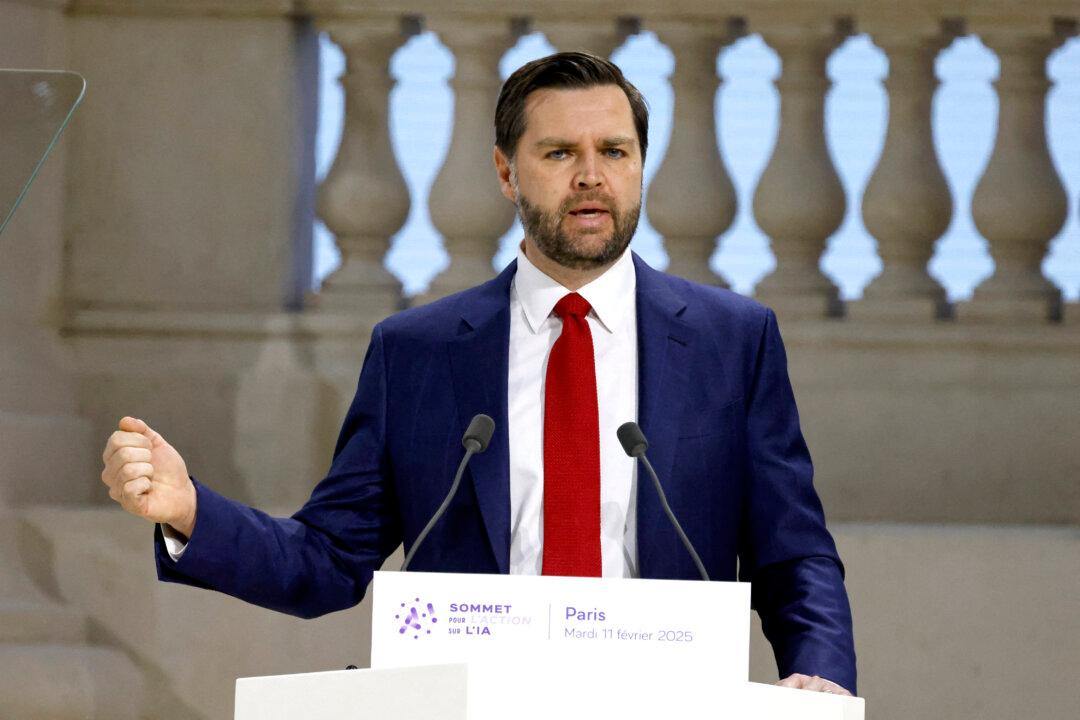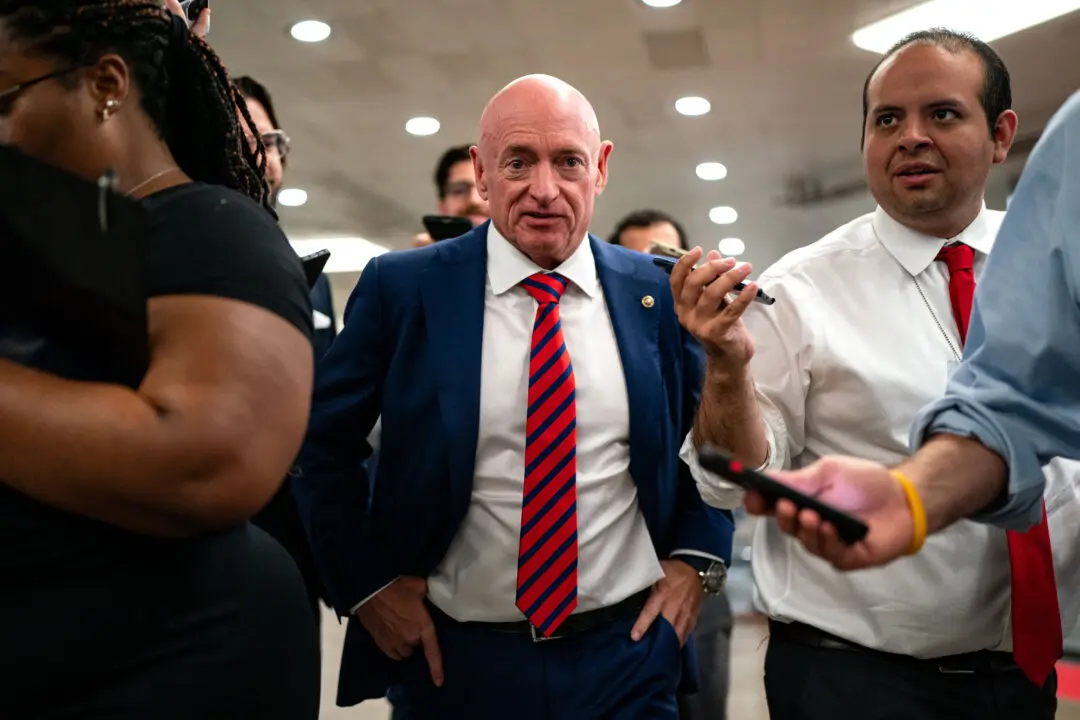Addressing world leaders in Paris on Feb. 11, Vice President JD Vance vowed the United States would remain a leader in artificial intelligence (AI) and would reject ideological bias and global attempts to regulate the emerging technology.
“I’m not here this morning to talk about AI safety, which was the title of this conference a couple of years ago. I’m here to talk about AI opportunity,” Vance said as he began his remarks before the Artificial Intelligence Action Summit.





